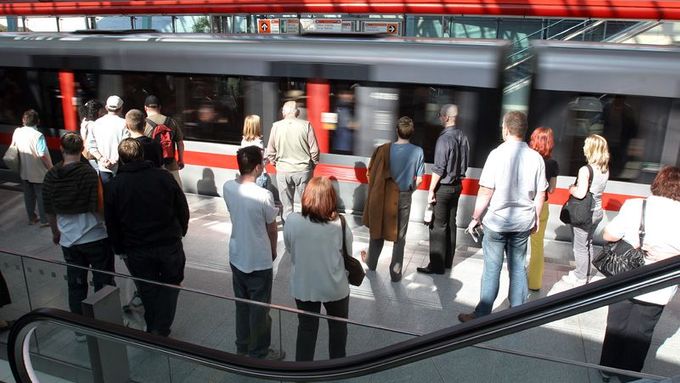Prague - The capital of the Czech Republic has always been seen by people from other parts of the country as somewhat privileged place where salaries are incredibly high and, thus, life is good. Now, a study made by the Sociology Department of the Czech Academy of Sciences shows that this stereotype needs to be seriously adjusted.
Since 2000, the income difference between the capital of the Czech Republic and the rest of the country has not grown. In addition, even when we take in account the income differences, housing and services are more expensive in Prague than in the rest of the country.
Read more: No longer 'golden': Every 3rd Praguer wants to leave
In 2007, a square meter of a flat in a panel building in Prague cost almost CZK 43,000 (EUR 1,720), while in Jihlava, Southern Bohemia, it costs CZK 21,000. Thus the price is double, although the income difference is only 40 percent.
We demand eggs and water...
The authors of the study, Tomáš Kostelecký a Martina Mikeszová, compared Prague to Jihlava and the Jihlava region because this south-eastern Bohemian region is the closest to Prague in terms of income. They compared what the average Praguer and the average inhabitant of Jihlava can buy for their salaries. They learned that the prices in Prague are higher, with the exception of eggs and water.
Needless to say, the price of housing and rents is higher, too. The average Praguer pays CZK 146 a month to rent a square meter, the average inhabitant of Jihlava only CZK 75. Rents in Prague are thus 81 percent higher.
If we take in account the different income levels, food is cheaper in Prague than in Jihlava. Sugar, beef, bread, milk or butter cost practically the same in Jihlava and Prague, which means that for Praguers these products are 40 percent cheaper, thanks to the higher salaries in Prague.
On the contrary, services (bartenders, parking, cinema, etc.) and housing or rents are the most expensive for Praguers.
Read more: More and more Czechs declare personal bankruptcies
Before, the higher prices in Prague were compensated by higher salaries which were also growing at a faster pace. However, this is no longer the case. Between 2002 and 2007, the income gap between Prague and the regions did not expand, staying on 39 percent.
"In short we can say that what the average Prague family saves on food and services, it spends on buying a flat, paying rents, or paying its mortgage," the authors of the study said, adding that the situation may get even more difficult for people in Prague. If the unemployment in Prague grows, Praguers will be left without their high salaries, but with the same high cost of living.
Read more: Lost Generation: Young Czechs hit by unemployment
The poor in Prague
The number of poor people is growing in Prague - they include not only the unemployed and seniors, but also low-qualified workers. Also, almost all Praguers who work in state services - teachers, medics, civil servants - are in a worse situation than state employees in the rest of the country.
In average, pensions are 7 percent higher in Prague than in the regions. The average Prague senior thus pays more for everything except food.
